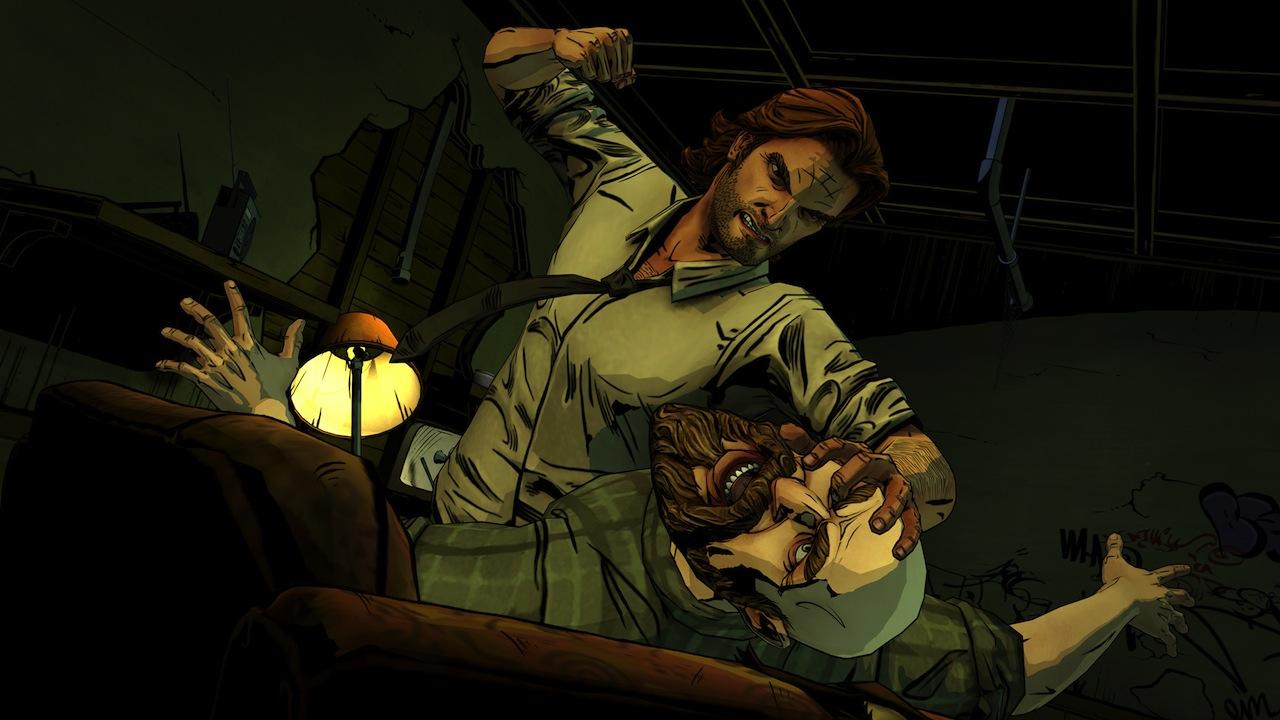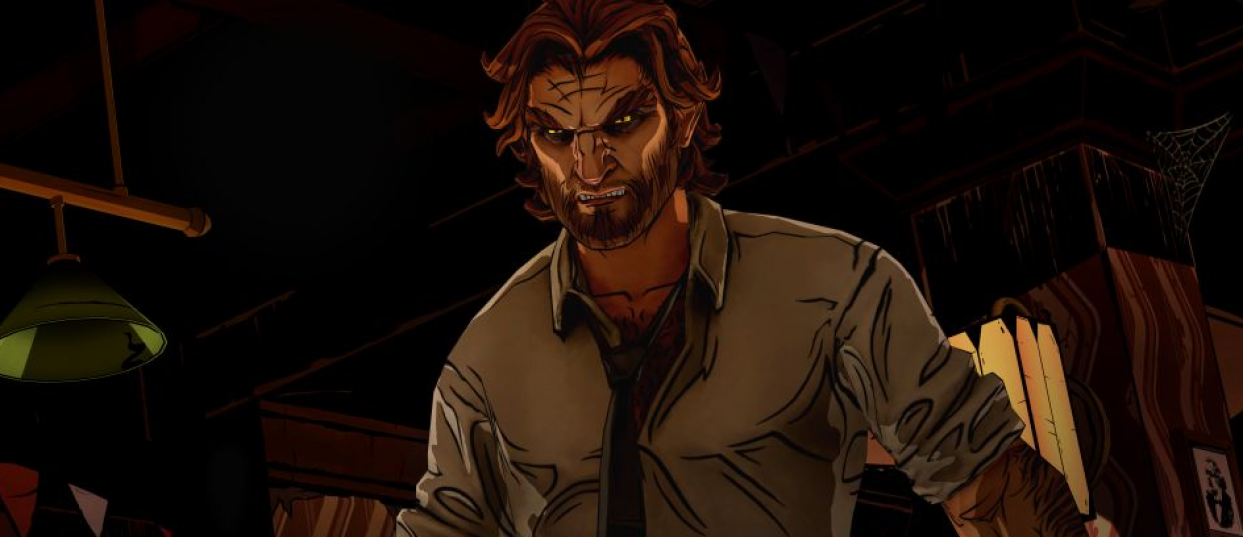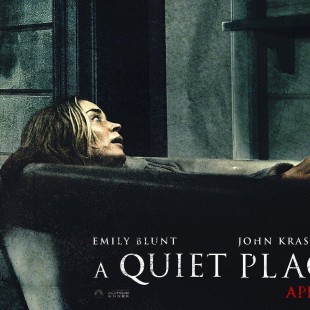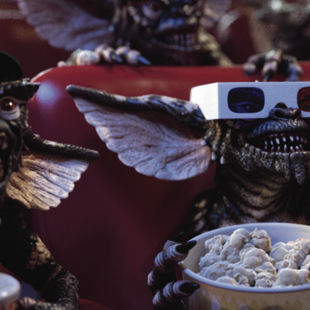The Wolf Among Us Review

An extreme heat hangs over the residents of Fabletown. As the humidity stifles the inner city woodlands area, an oversized walking toad is pushing your buttons and your arch nemesis is knocking lumps out of somebody upstairs. It’s going to be a long night. As Sheriff Bigby Wolf, it is up to you to keep the fairytale residents from killing each other, and you in the process. It’s too bad someone in Fabletown has different ideas…
A gritty prologue sets the scene in this successfully colourful, noir fairytale hybrid. A gorgeous palette of blues and purples offset the visual comic book style first seen in The Walking dead series by Telltale. Telltale have adapted The Walking Dead game engine into telling a new story based upon the overlapping lives of the Fabletown citizens, and for the most part has lovingly crafted a well conceived alternate universe. As previous games have proven, Telltale concentrate on getting the story right first. Much of the game is spent letting the narrative develop by choosing timed dialogue options which decide the path of Bigby Wolf and his investigations into the crimes of Fabletown. Action scenes take on a QuickTime event style in terms of combat or action set pieces. Simply touch the target reticle to interact with the happenings on screen. Controls are intuitive and takes little skill to progress through the fight scenes, which still manage to be fun to play. The story is compelling with a real want to make the right decisions to get the characters on your side. Whilst it can be difficult to do so, there is a real want to keep the peace in Fabletown. You are put in situations in which it is difficult not to let a character down or drop them in it with their fairy tale partners.
Conversation options affect narrative direction with characters remembering conversations and actions ultimately influencing story outcome. Moral decisions plague your character as the decisions of your big bad past make you question your role in the game. It is decisions like these that make the experience beguiling despite the level of interaction that really occurs (replay of the game reveals some choices make little to no difference despite the illusion of choice). Brilliantly complex anxieties and guilt driven decisions pervade your game play experience in your interactions with the fabled cast. For example, in one scene, you return to your apartment to find a pig called Colin sleeping on your sofa. Colin wants a smoke and is annoyed you won’t share your bourbon with him. He sets up a brilliant guilt trip in which he reminds you the reason for him being there is the fact you blew his house down. “Ok, Colin you can have my Bourbon…” 



